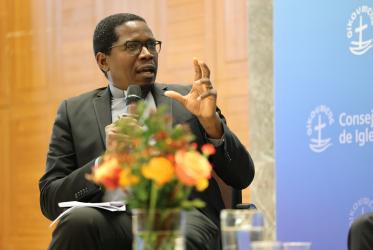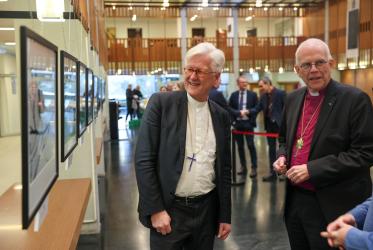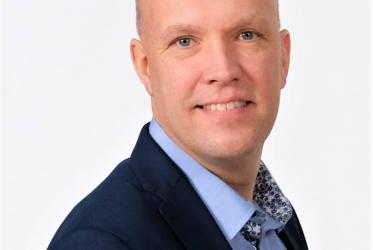Displaying 1 - 15 of 15
07 February 2024
“Every Picture Tells A Story” photo exhibit opens
30 November 2023
Uppsala 1968: tal como predijo la canción, los tiempos estaban cambiando
19 September 2022
Uppsala 1968: Die Zeiten ändern sich
19 September 2022
Uppsala 1968: c’était le temps des changements
19 September 2022
Uppsala 1968: The times, they were a’changing
06 September 2022
La Semana de oración por la unidad cristiana en imágenes
02 February 2021
En images: Semaine de prière pour l’unité chrétienne
02 February 2021
In Bildern: Gebetswoche für die Einheit der Christen
02 February 2021
In pictures: Week of Prayer for Christian Unity
01 February 2021
Driven by God’s grace and a sense of duty
05 November 2020
Christian unity strengthens between Sweden, Malta
23 January 2020






